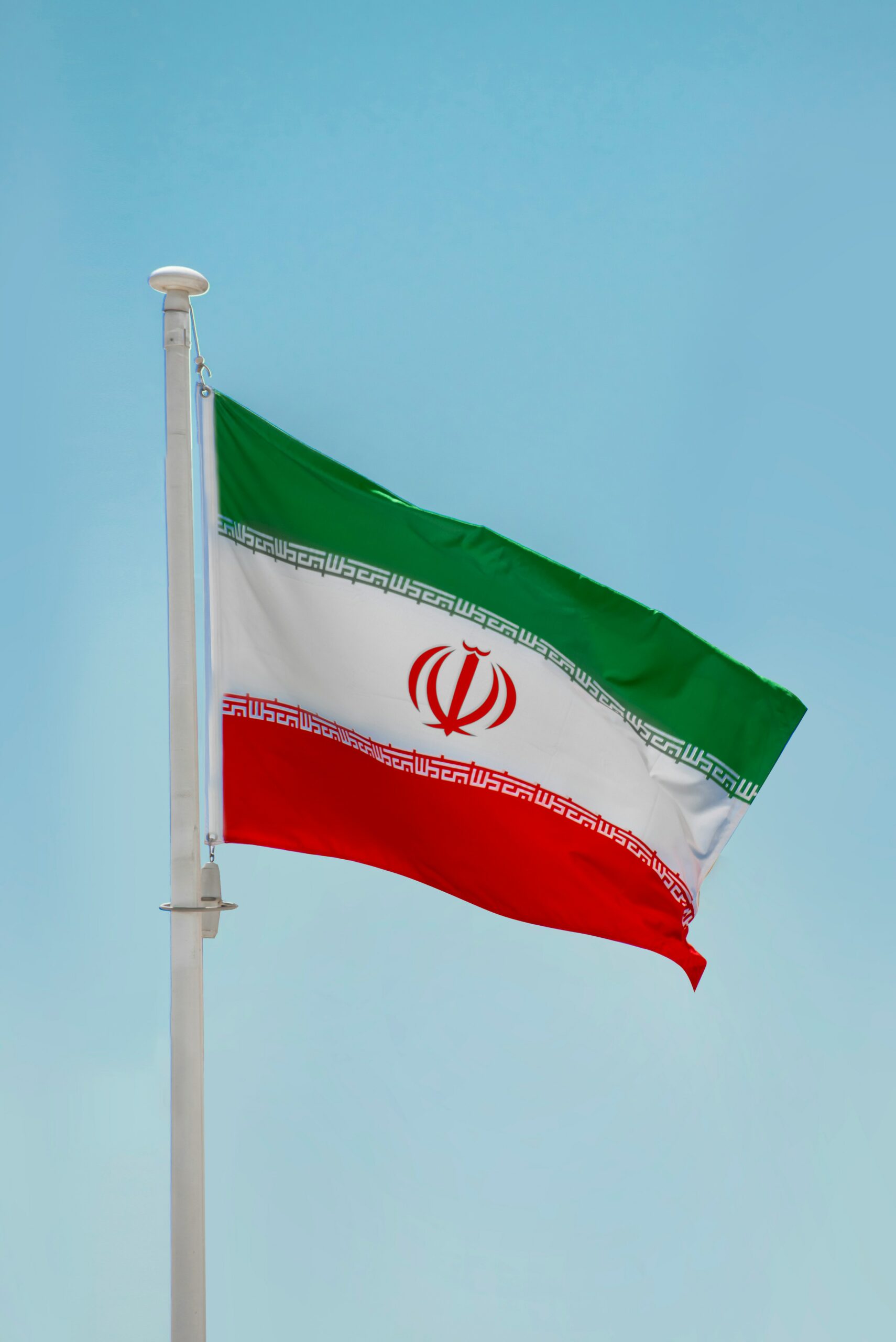In a bold and calculated move, Israel has launched twin strikes in Tehran, targeting Iran’s nuclear facilities and military capabilities. This strategic operation marks a significant escalation in the long-standing conflict between the two nations, with far-reaching implications for regional stability and global security.
The strikes, reportedly carried out by Israeli intelligence agencies and military forces, aimed to cripple Iran’s nuclear program and degrade its military capabilities. The targets included key nuclear facilities, research centers, and military installations.
This operation is a clear demonstration of Israel’s determination to prevent Iran from acquiring nuclear weapons, which it sees as an existential threat. By targeting Iran’s nuclear infrastructure, Israel aims to set back its nuclear program and limit its ability to produce weapons-grade materials.
The strikes also send a strong message to Iran’s military leadership, demonstrating Israel’s capability and willingness to strike at the heart of Iran’s military capabilities. This move is likely to have significant implications for the regional balance of power, as Iran’s military is a key player in the Middle East conflict.
As tensions between Israel and Iran continue to escalate, the international community is watching closely, aware of the potential for a wider conflict. The United States, in particular, has expressed support for Israel’s right to self-defense, while also urging restraint and diplomacy.
The strikes have sparked a mixture of reactions from the international community, with some countries condemning the move as an act of aggression, while others have expressed support for Israel’s right to self-defense.
Iran’s Supreme Leader, Ayatollah Ali Khamenei, has vowed to retaliate against Israel, stating that the strikes were a “criminal act” that will not go unpunished. Iran’s military has also announced that it will increase its military capabilities and prepare for future conflicts.
The United States has expressed support for Israel’s actions, with a spokesperson for the State Department stating that “Israel has the right to defend itself against Iranian aggression.” However, the US has also urged restraint and called for a diplomatic resolution to the conflict.
The European Union has taken a more nuanced approach, calling for calm and restraint from all parties involved. The EU’s foreign policy chief, Josep Borrell, has stated that “the situation is extremely dangerous and can lead to a larger conflict.”
As tensions continue to escalate, the situation remains volatile and unpredictable. The international community is holding its breath, hoping that a wider conflict can be avoided.
The strikes have also raised questions about the effectiveness of Iran’s air defense systems, which failed to detect and intercept the Israeli aircraft. This has sparked a debate about the country’s military capabilities and its ability to defend itself against future attacks.
The aftermath of the strikes has also seen a surge in cyberattacks and propaganda campaigns from both sides, with each trying to gain the upper hand in the information war.
As the situation continues to unfold, one thing is clear: the twin strikes in Tehran have marked a significant escalation in the conflict between Israel and Iran, with far-reaching implications for regional stability and global security.
By : Derri-Ann Hall












